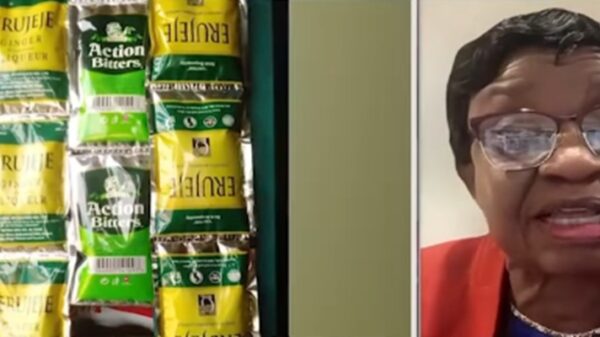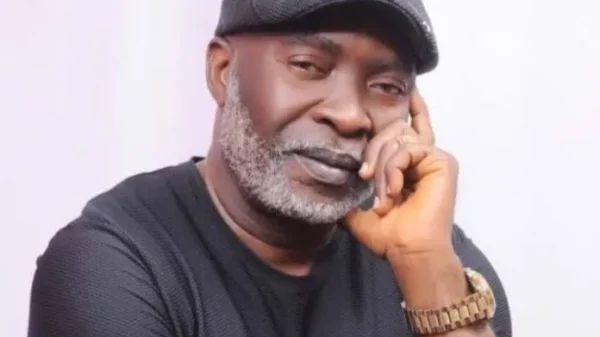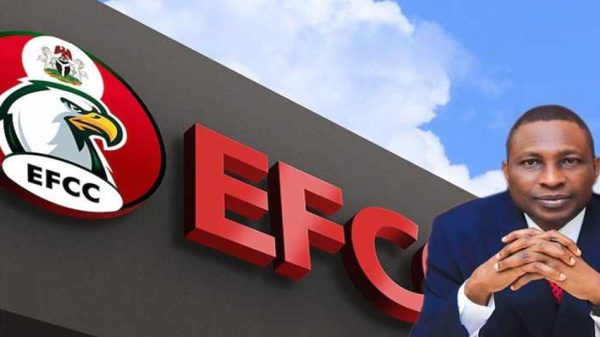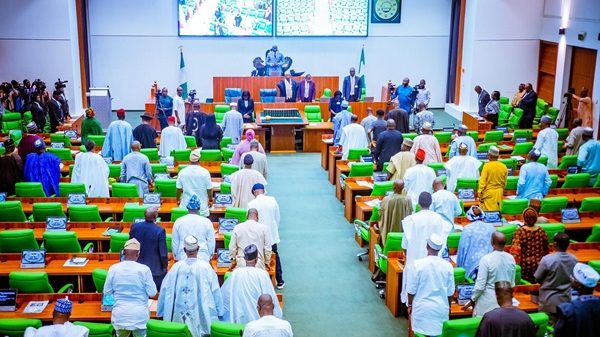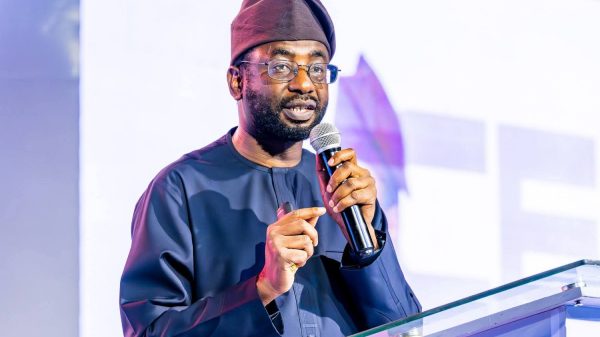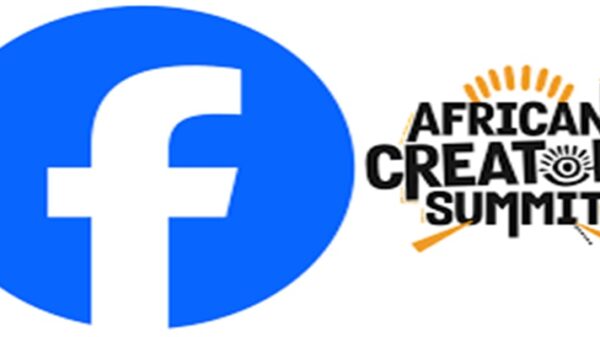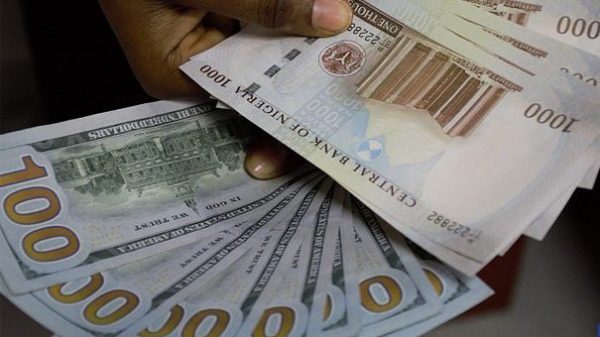By Lukman Otunuga, Senior Research Analyst at FXTM
It was a week defined by fluctuating bond yields, easing inflation fears, monetary bazookas, and U.S stimulus hopes.
For Nigeria, the spotlight was on the “Naira 4 Dollar” scheme introduced by the Central Bank of Nigeria (CBN) in a bid to boost flows amid currency shortages. The CBN plans to pay recipients 5 naira for every $1 received as remittance inflow. Over the past few months, Africa’s largest economy has faced persistent Dollar shortages which has weighed heavily on the local currency and stoked inflationary pressures. The question is whether this two-month scheme will have the desired effects?
Although the country remains on a fragile road to economic recovery, a series of policy u turns over the past few weeks has fostered a sense of uncertainty. From allowing fuel subsidies to rise back up to the recent Naira devaluation. For an extended period, the IMF and other major institutions have advised Nigeria to abolish its multiple exchange rates and tame. Indeed, higher oil prices are a welcome development for the economy but without the correct structural reforms, the country remains exposed to external risks.
Foreign exchange reserves have fallen to $35.23 billion in February from $36.4 billion in January. In regards to inflows from international investors through the Nafex window, this totalled $117.5 million for the first two months 2021 compared to the whopping $3.5 billion for the same period in 2020. As the Dollar scarcity rages on, the black-market flourishes with the Naira depreciating to 485 per Dollar compared with the official of 410.
2020 was a year defined by extraordinary levels of uncertainty, unprecedented events, and chaos for most economies. This year could be one of renewed hope and optimism as Covid-19 rollouts and improving global growth bring back some normality. The question is whether Nigeria will be part of the winners that evolve from last year’s chaos or joins the group who are unable to shake of the nasty hangover and negative impacts from 2020.
![]()

